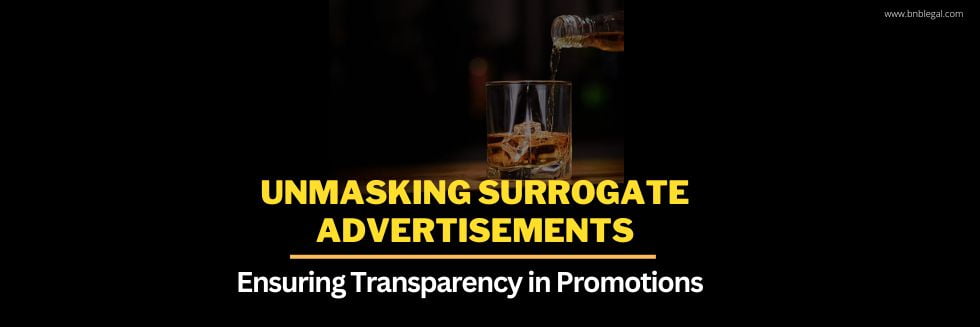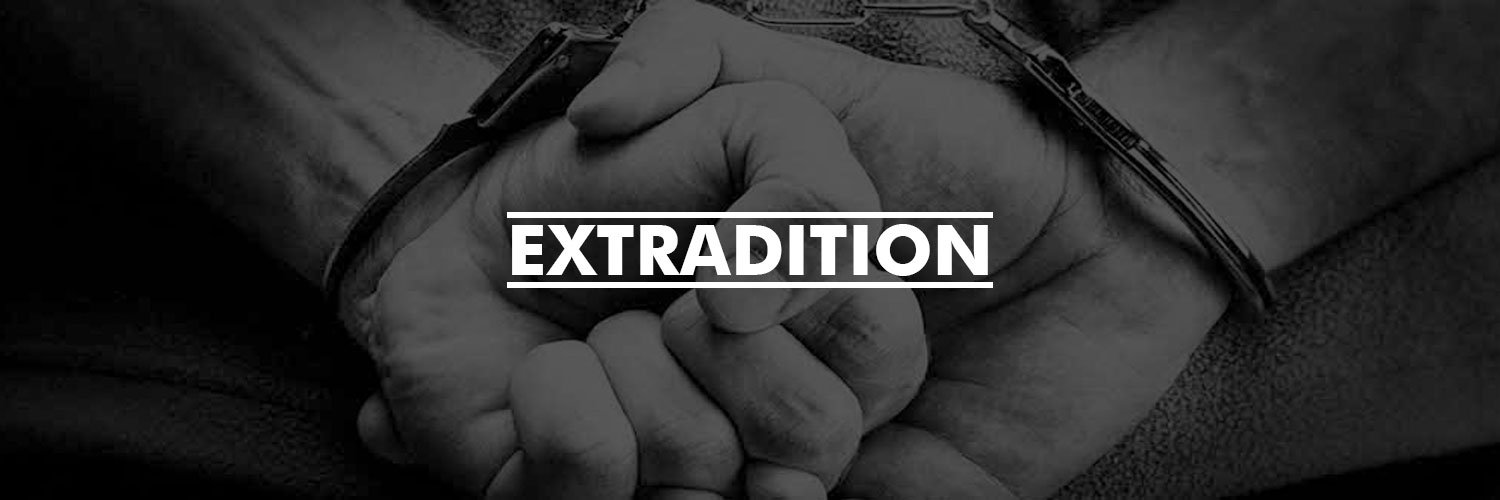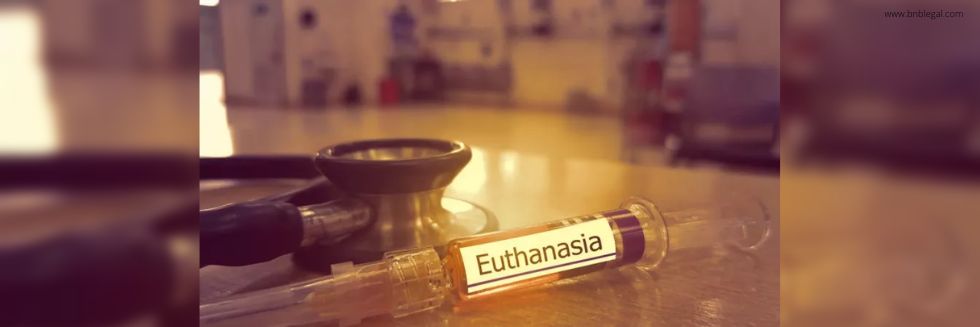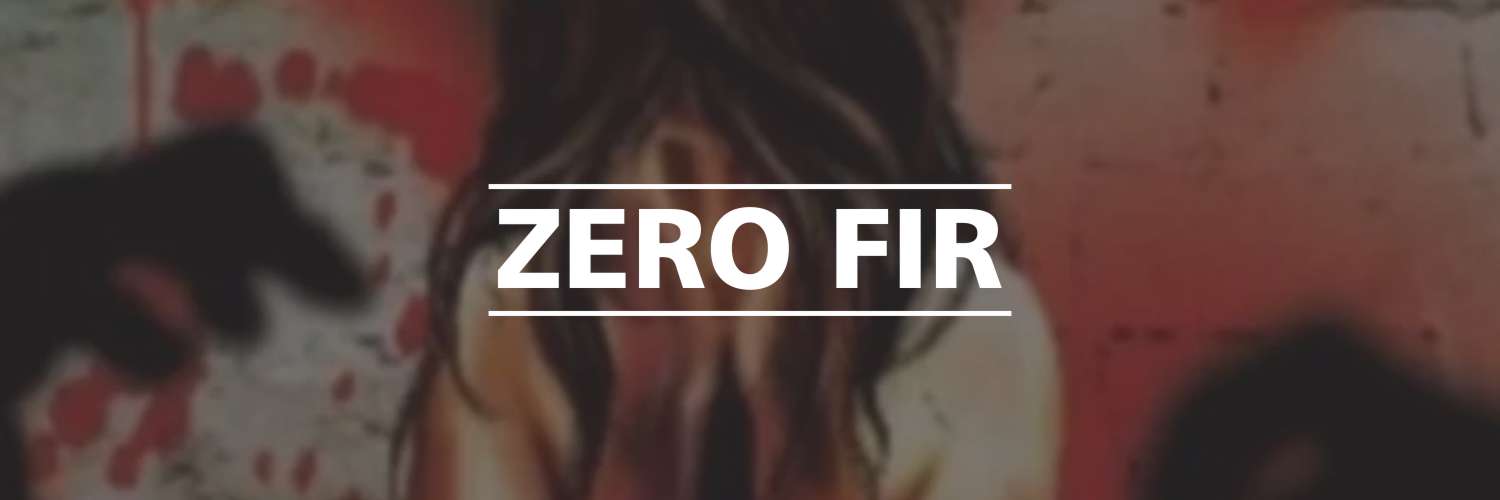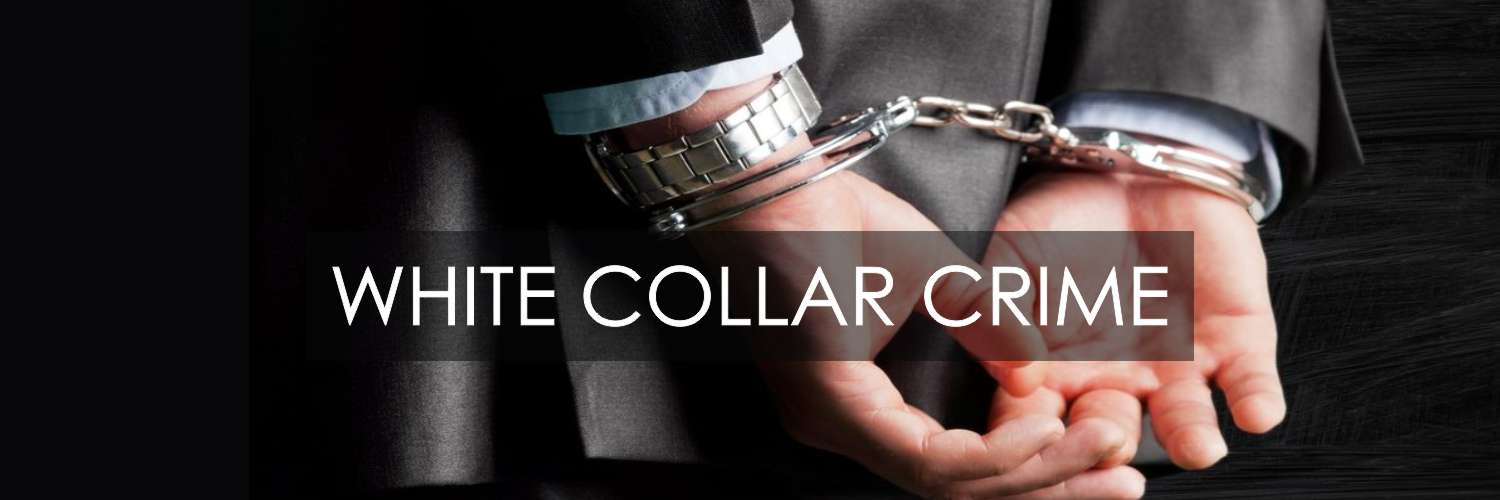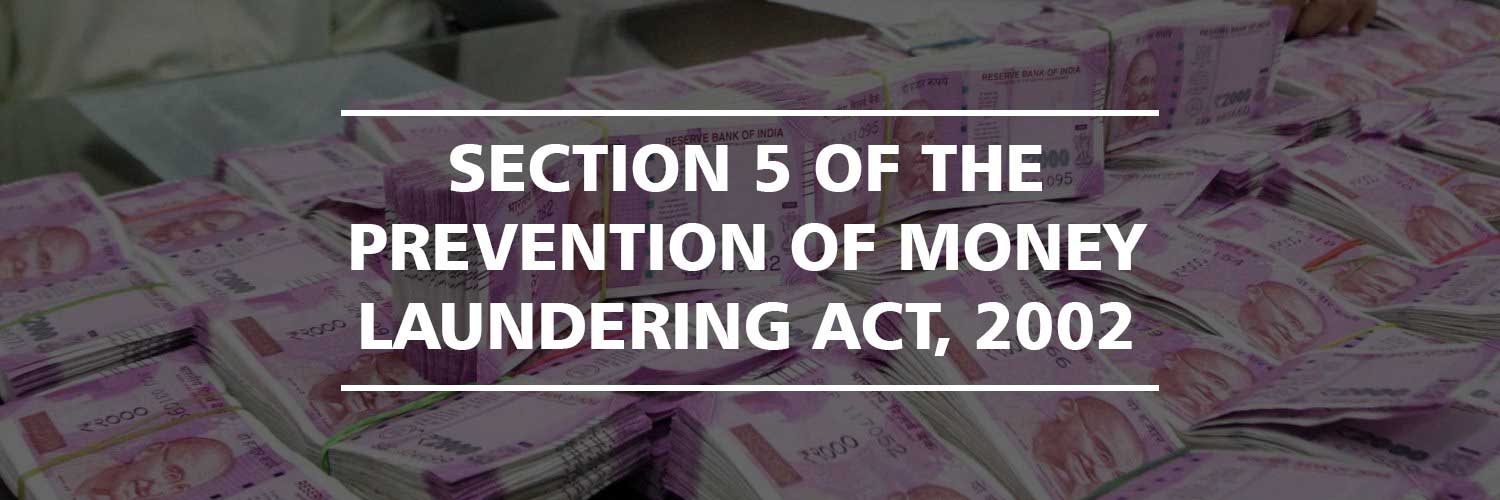The general rule of criminal law is that it is the duty of the prosecution to prove the guilt of the accused beyond reasonable doubt and the benefit of doubt is given to the accused. But the burden of proving existence of circumstances bringing his case within any of the exceptions given under Indian Penal Code is upon the accused only. The court presumes the absence of such circumstances.
These exceptions can be broadly divided into two classes: (a) excusable, and (b) justifiable. Excusable defenses are those where the act committed is excused for want of necessary requirement of mens rea. Justifiable excuses are those where the act committed is justified on account of some considerations neutralizing the liability otherwise incurred.
GENERAL EXCEPTIONS
- i) Mistake of fact (Sections: 76, 79): Section 76 absolves a person from criminal liability who is bound by law to do an act or who does an act in good faith under a mistake of fact that he was bound by law to do it. The mistake should be of such a nature that the circumstances which he believed to exist, if existed, he would have been absolved from liability.
The mistake must be mistake of fact and not of law. The facts should be material to the commission of the offence. Section 79 excuses an act if there is a legal justification available and the accused applied law to the best of his knowledge in good faith.
- ii) Judicial acts (Sections: 77, 78): These provisions protect judges and judicial officers when acting judicially in exercise of powers given to them by law or which they believe in good faith to be vested in them by the law. The acts must have been done in discharge of official duties.
iii) Accident (Section: 80): It provides exemption from criminal liability in respect of accidents in due performance of lawful acts. The act is done by accident or misfortune without any criminal intention or knowledge in a lawful manner and by lawful means with proper care and caution.
- iv) Absence of criminal intent (Sections: 81-86, 92-94): It can further be divided into following categories:
- Necessity (Section 81): An act done to avoid larger harm can be excused. It grants immunity to a man with respect to acts committed under compelling circumstances. The act must have been done without any criminal intention to cause harm. It must be done in good faith to prevent or avoid harm to other person or property
- Infancy (Section 82, 83): Sec-82 exempts a child under 7 yrs. of age from criminal liability. It is an absolute immunity. Sec-83 exempts act of a child above 7 yrs. and under 12 yrs. It is a qualified immunity. The child should not have attained sufficient maturity of understanding to judge the nature and consequences of his conduct.
- Insanity (Section 84): It provides exemption from criminal liability in respect of acts of a person of unsound mind. The person must be incapable of knowing the nature of the act at the time of the act. He must also be incapable of understanding what he was doing was either wrong or contrary to law. Insanity may be divided into Medical Insanity and Legal insanity. Indian law recognizes legal insanity.
- Intoxication (Section 85, 86): Intoxication may lead to temporary suspension of functions of mind. To claim exemption, it must be established that he was incapable of knowing a) the nature of the act, or b) that he was doing what was either wrong or contrary to law, and that the thing which intoxicated him was given to him without his knowledge or against his will.
- Good faith (Section 92, 93): Sec-92 deals with the acts done in good faith for the benefit of a person without consent. Sec-92 presumes implied consent in two categories of cases i) when it is impossible to obtain consent because the person who could accord consent might not be available and the act (operation) is urgent; and ii) when it is not articulated or expressed. Sec-93 gives protection to a person from criminal liability for making a communication to someone which results in harm to him. To claim this protection i) the communication must be made in good faith, and ii) It must be made for the benefit of the person.
- Compulsion (Section 94): It exempts a person from criminal liability in respect of an act committed under compulsion or duress. This defense is subject to two exceptions (i) Murder and (ii) Waging war against Govt. of India. The threat under S-94 must be of instant death to the person compelled to commit the offence.
- v) Consent (Sections 87- 91): S-87 says if the act is done neither with the intention of causing death/grievous hurt nor the knowledge that it is likely to cause death/ grievous hurt and the harm is caused with the consent of the person to whom harm is so caused, the accused can be excused. Consenting party should be above 18 years of age and the consent should be expressed or implied. Section- 88 and 89 extend protection in those cases only where harm is caused in good faith for the benefit of the consenting party. Section 90 says the consent to be qualified for a valid consent must be free consent. Section 91 says that if the act is an offence independent of the harm so caused, then the doer cannot avail benefit of consent.
vi)Trifling acts (Section: 95): Sec-95 intends to prevent penalization of negligible criminal wrongs, or offences of trivial nature. Such acts are considered innocent.
vii) Private Defense (Section: 96 – 106): These provisions state the law relating to the right of private defense of body and property. Use of necessary force against the assailant or wrong-doer is legally permissible when immediate state aid could not be procured. The right is not absolute but subject to restrictions laid down in Section 97-106.
